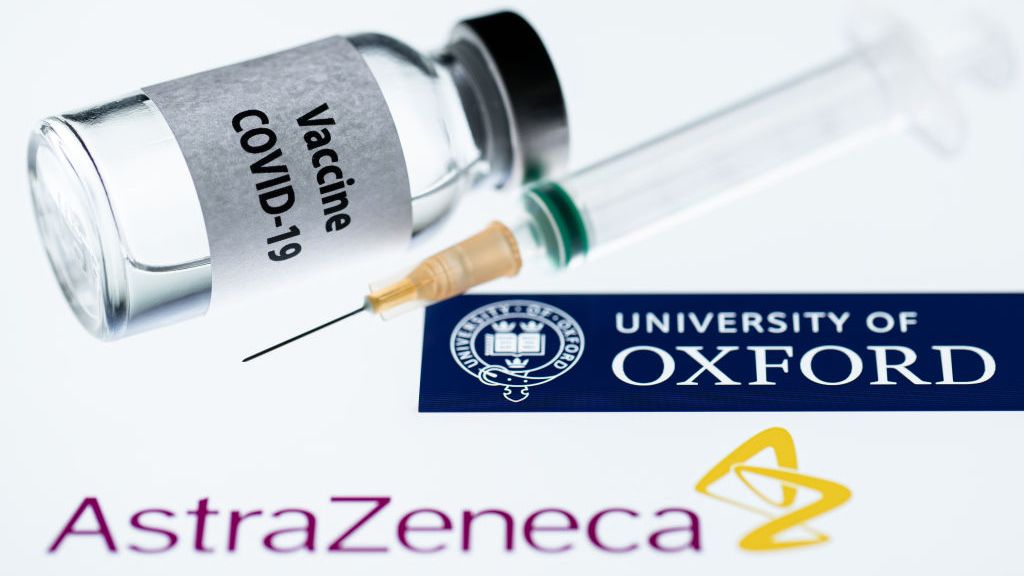THE UK has now administered more than 20 million Covid-19 vaccines in a feat that dramatically contrasts with Ireland’s slow vaccine-rollout.
While the UK was one of the first countries in the world to begin inoculations against Covid-19, Ireland’s own vaccine program has lagged behind.
The UK began administering the Pfizer-BioNTech jab on December 8. By contrast, Ireland didn’t begin injections for another three weeks on December 29.
Now, UK Health Secretary Matt Hancock has confirmed that more than 20 million people in the UK have received at least one dose of a Covid-19 vaccine.
He said was “absolutely delighted” by the news, describing it as “magnificent achievement for the country”.
In Ireland, meanwhile, the latest HSE figures showed 409,529 people had been given the jab.
Of these, 271,594 have received one dose while 137,935 have been fully inoculated.
By contrast, in Northern Ireland on Friday, Stormont's Department of Health announced that 505,188 people had received a jab. With 31,898 of those also receiving a second dose.
Despite the slow start, the head of Ireland’s vaccine rollout, Professor Brian MacCraith, is confident up to 500,000 people a week will be given the jab from April onwards.
The contrasting data comes, in part, after AstraZeneca previously warned it would only be able to deliver 17m of the 40m doses it had originally promised to the European Union.
EU leaders have nevertheless drawn criticism for failing to negotiate a contract for the jab quickly enough in a move that left the bloc lagging behind at the back of the queue.
That shortfall meant that Ireland's expected delivery of 600,000 was reduced to around 300,000.
 Getty
GettyMatters were further complicated in the EU by a Germany newspaper report making unsubstantiated claims that the AstraZeneca vaccine was only 8% effective on the over-65 age group.
French prime minister Emmanuel Macron also went on the record to raise doubts about the jab's effectiveness and claim the UK was taking a risk by authorising it so soon.
French and German regulators then refused to approve the jab for use in over-65s, with Ireland also opting to use alternative vaccines on any over the age of 70.
That forced Ireland into a major rethink of its vaccine rollout strategy.
The AstraZeneca vaccine had a notable advantage over the Moderna and Pfizer jabs in that it could be stored and transported at normal refrigerated temperatures.
Furthermore, a new study based on “real world” results from the NHS vaccination programme have shown that a single shot of the vaccine cuts the chance of needing hospital treatment by more than 90 per cent.
Figures from those aged over 80, who fall into the highest risk category for severe illness, also show a single dose cut the risk of needing hospital treatment by 81% from four weeks onwards.
The study also hospitalisation rates in over-70s were actually slightly lower among recipients of the Oxford vaccine than those who received the Pfizer jab.
These findings were backed up by a similar Scottish study of COVID hospitalisation rates, by Edinburgh University researchers that found “the Pfizer and Oxford-AstraZeneca vaccines were shown to reduce the risk of hospitalisation from Covid-19 by up to 85 per cent and 94 per cent, respectively”.
The UK is hoping to offer at least one jab to every UK adult by the end of July.

